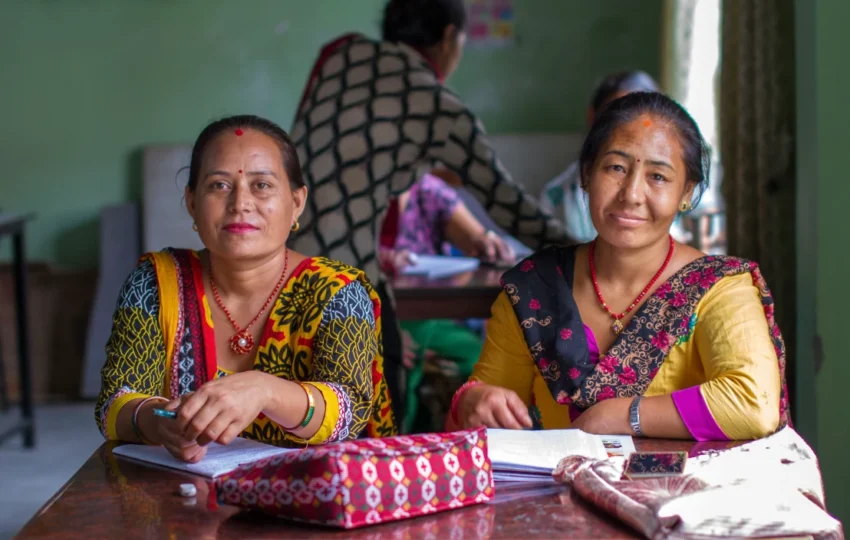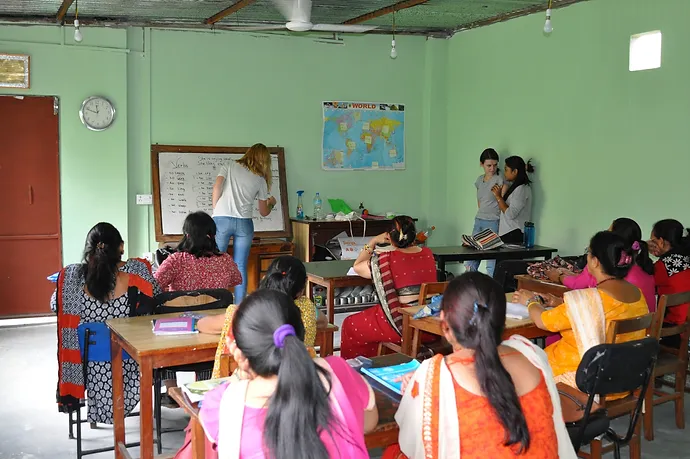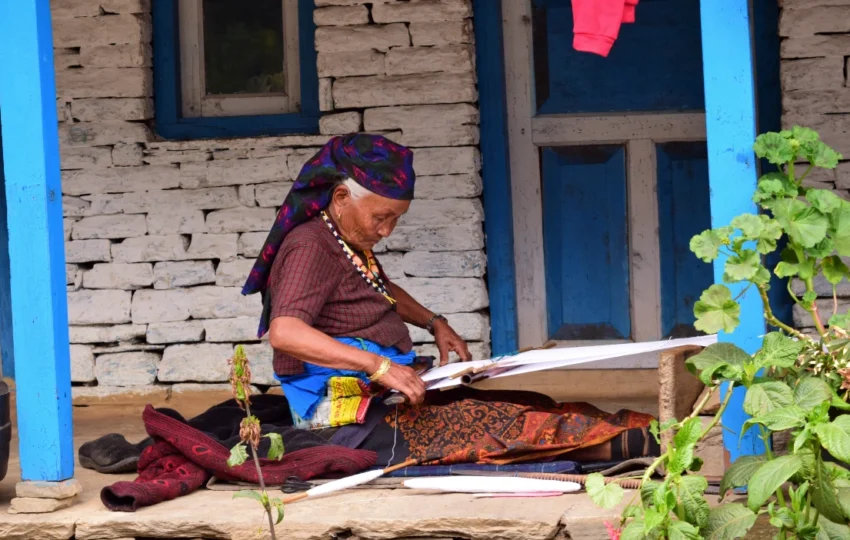In Nepal, the prevalence of violence against women remains alarmingly high. Extensive research conducted in Nepal has revealed that a staggering 66 percent of women have experienced verbal abuse, while 33 percent have endured emotional abuse. Shockingly, 77 percent of these acts of violence were perpetrated by family members (UNICEF 2001). Historically, the status of women in Nepal was deeply influenced by the patriarchal social system and cultural values. However, significant progress has been made in recent years to safeguard and promote women's rights through the implementation of state policies and dedicated initiatives for women's development. Both the government and various civil society organizations are actively engaged in combating this pervasive issue. Nevertheless, it is evident that there is still much work to be done in order to effectively eradicate violence against women.
Gender discrimination remains a significant issue in Nepal, primarily due to a lack of awareness and limited access to quality education. This problem is further exacerbated by deeply ingrained superstitious beliefs and the diminishing political vision of leaders. Unfortunately, the socio-economic status of women in Nepal is extremely poor, as they face discrimination in various aspects of society, including healthcare, education, income generation, decision-making, policy-making, and human rights. Disturbingly, Nepal has one of the lowest overall health rankings in Asia, with women experiencing even worse health outcomes than men. Shockingly, the life expectancy of women in Nepal is lower than that of men, making it one of the few countries in the world with such a disparity. Additionally, a concerning number of women are forced into early marriages between the ages of 15-19, leading to high rates of youth pregnancy and preventable deaths. These alarming statistics, including high birth rates, low life expectancy, and elevated rates of infant and maternal mortality, clearly indicate the dire state of women's health in Nepal. Furthermore, the representation of women in professional fields is severely lacking, with only a few able to pursue careers in law or other professions. Even in the bureaucratic sector, women are significantly underrepresented. While women do hold decision-making roles in certain areas such as crop management, domestic expenses, children's education, religious and social travel, and household maintenance, it is disheartening to note that their overall influence seems to have declined in recent years.
According to national data, the literacy rate among women in Nepal stands at a mere 30%, while male literacy has reached 66%. The enrollment of women in higher education is a mere 24.95%, and their participation in technical and vocational education lags behind that of men. These statistics are a reflection of the social norms and cultural beliefs that prevail, such as the perception in rural areas that girls are considered "paraya dhan" (others' property) and are therefore deprived of educational opportunities.
Volunteer Society Nepal (VSN) understands that women empowerment is an important step towards empowering families and communities, we believe that our efforts can contribute to enhancing the literacy rates of women in Nepal. Volunteer Society Nepal (VSN) has been conducting regular literacy classes for over 30 women, many of whom have never had access to formal education. VSN offers fundamental reading and writing lessons in English and Nepali, along with basic mathematics for simple accounting purposes.






